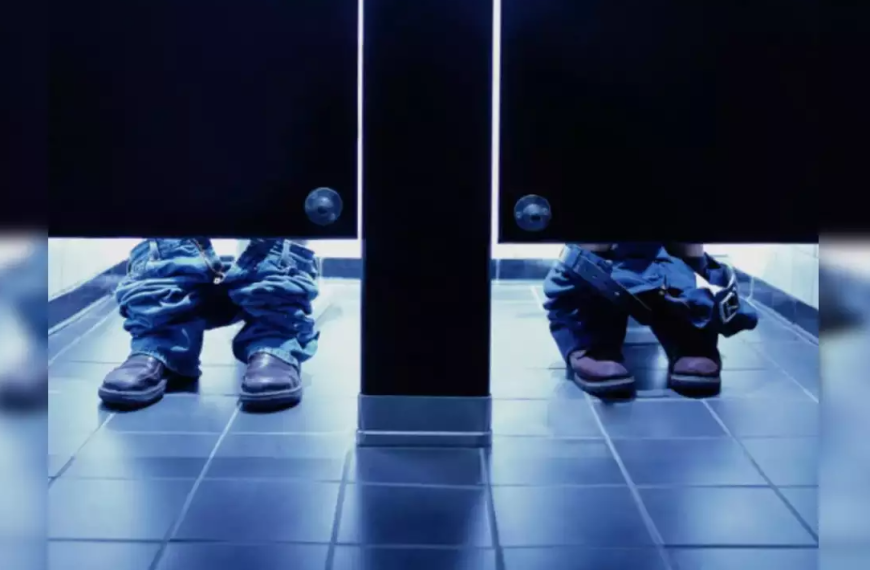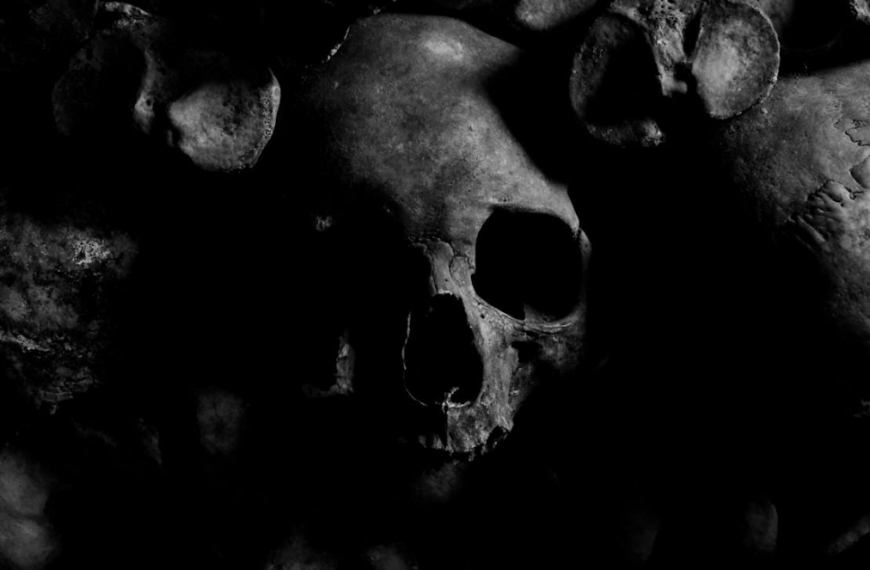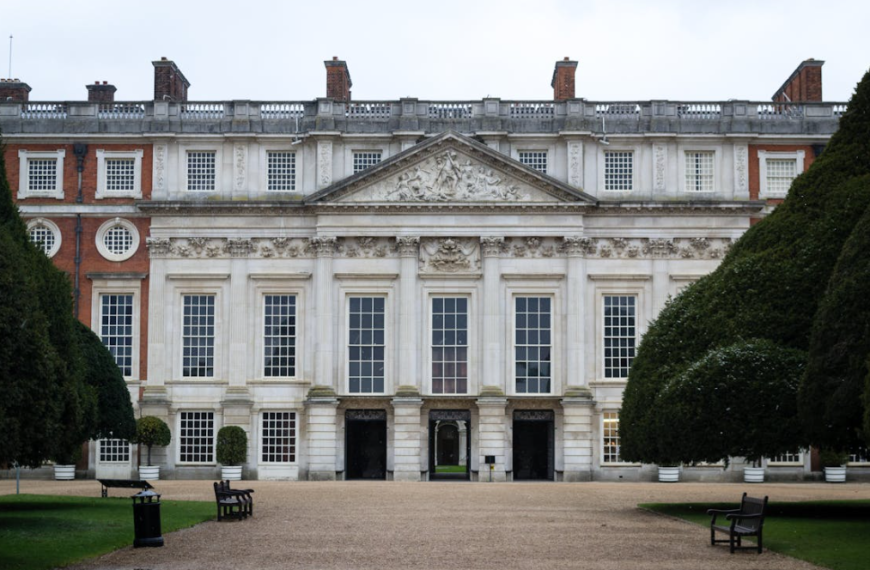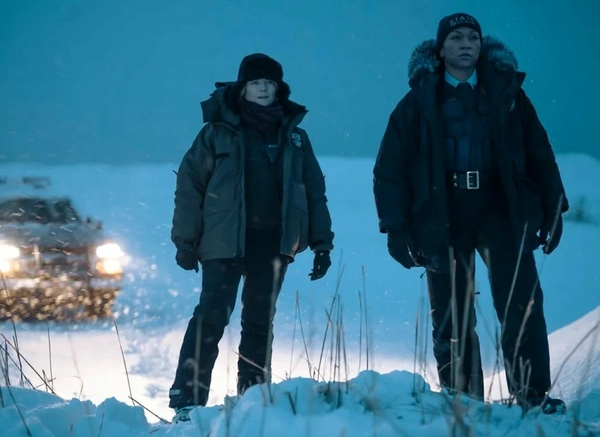There are some traditions at funerals for police, firefighters, or soldiers. These include giving the widow or widower an American flag, playing “Taps,” and firing guns as a tribute. You might have seen these at a funeral, in movies, or on TV. But one thing might seem odd: bagpipes being played, even if the person who died wasn’t Irish or Scottish. How did this instrument become a part of these services?
Bagpipes at Police and Firefighter Funerals
To understand why bagpipes are played at police funerals, it’s important to know that bagpipes are closely linked to Scottish and Irish cultures, even though they may have originated in Egypt. Scottish bagpipes work by the piper blowing air into a bag, while Irish bagpipes have bellows. In Scotland, bagpipes were used to lead soldiers into battle and create a sense of fear among enemies. Over time, they became part of joyful occasions like weddings. But they can also produce a sad, slow sound that suits the atmosphere of a funeral.
The tradition of playing bagpipes at police funerals started in the 1800s and early 1900s. In 1829, Sir Robert Peel, who later became Prime Minister of England, organized the Metropolitan London Police Force in a military-style manner. Since many officers were Irish and bagpipes were already associated with British military, it made sense to include them in the ceremonies for fallen officers.
In the United States, the tradition of playing bagpipes at police funerals might have some roots in prejudice. In the 1800s, Irish immigrants faced discrimination because they were seen as violent. But as politicians noticed more Irish people in the population, they tried to win their support by offering them jobs, including in law enforcement. So, many Irish immigrants ended up working in the police force. At their funerals, it became common to honor their Irish heritage by playing bagpipes.
Another reason for the tradition might be that early American police departments, like the one in Boston, copied British law enforcement groups and their customs, which included using bagpipes. Either way, the bagpipes soon became linked with memorial services for police officers.
That doesn’t mean they necessarily used Irish-style bagpipes, though. Since Scottish bagpipes are usually louder, and funerals are often held outside, Scottish wind instruments are better suited for the occasion.
But if bagpipes were initially used mainly in cities with many Irish people, how did the tradition spread to other places? In 2009, Slate magazine suggested that bagpipes became more popular for funerals after they were used during the funeral procession of President John F. Kennedy in 1963. Kennedy, who had Irish ancestry, heard a bagpipe performance by Scotland’s Black Watch regiment a few days before he was assassinated. His widow, Jacqueline, invited them to the ceremony.
Why Bagpipes Play “Amazing Grace”
At funerals, bagpipers often play “Amazing Grace,” but they might also play “Balmoral,” a Scottish song. You might have heard “Balmoral” in funeral scenes in movies like The Dark Knight (2008). “Balmoral” was composed by Sir Robert Bruce, a Scottish soldier who fought in World War II. He wrote it to honor soldiers who died while imprisoned in the war. “Amazing Grace” is also very moving.
So, where do bagpipers come from? They are usually hired from professional bagpiping services to come and play. But you don’t have to wait for a funeral to hire one. Because the bagpipe is a versatile instrument, bagpipers also perform at weddings, parades, and other events.
“It’s a wonderful sound that brings out emotions, and it’s very respectful,” said Donald Willis, a bagpipe player from Ohio, in a Coshocton Tribune article from 2005. “If you’re happy, it will make you even happier. If you’re sad, it will bring tears to your eyes.”









